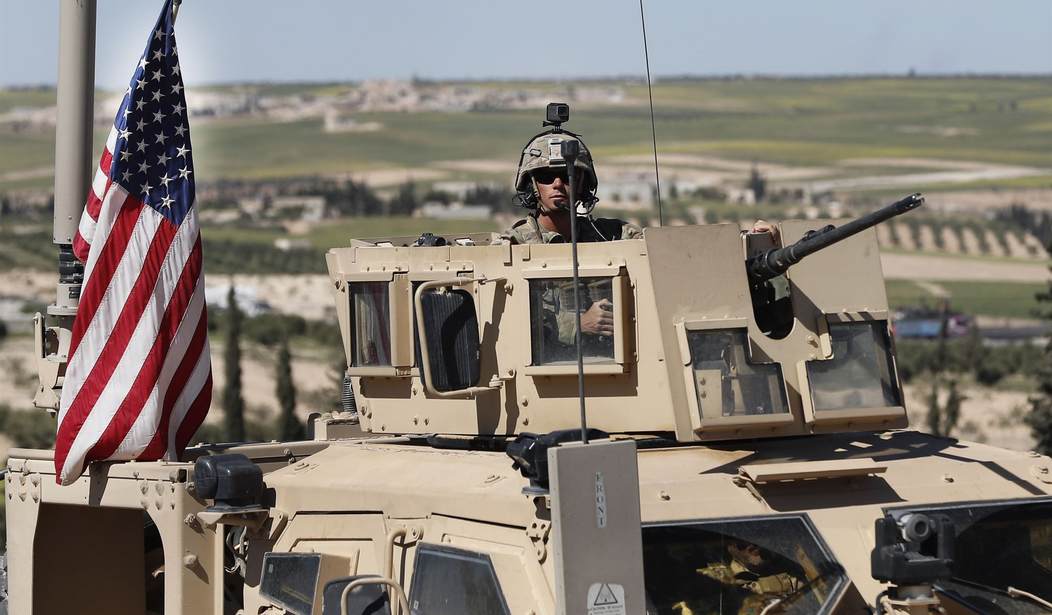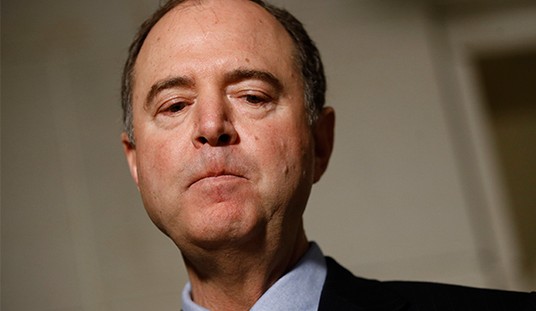Donald Trump wants to reduce the number of U.S. troops in Germany from 35,400 to 25,000 and that has internationalists in the West up in arms.
American soldiers have been stationed in Germany since the end of World War II. At first, they were in the western part of Germany to act as a police force until the Germans could “de-Nazify” their police departments. The Soviets controlled the eastern half of the country.
But soon thereafter, as the Soviet Union engineered communist takeovers of all of Germany’s neighbors, the border between East and West became sharply drawn and hundreds of thousands of American soldiers remained behind to help deter Soviet aggression. Since the 1990s, that number has gradually been reduced, but today, in the event of war with Russia, the U.S. would still be stuck with most of the burden of defending Germany.
The North Atlantic Treaty Organization is a paper tiger. The only real military power is possessed by the United States. Even Great Britain has allowed its conventional military to atrophy. The rest of Western Europe’s prosperous countries only play at soldiering and we, and they, and certainly the Russians know it.
So why object to a withdrawal of U.S. troops?
German Foreign Minister Heiko Maas said both countries stood to gain from close cooperation even if the transatlantic relationship had become “complicated” under Trump.
Other senior politicians in Berlin were more blunt, slamming the plan as the latest blow to US-German ties and a potential security risk.
“Should it come to the withdrawal of part of the US troops, we take note of this,” Maas told the Bild am Sonntag daily.
“We appreciate the cooperation with the US armed forces that has grown over decades. It is in the interest of both of our countries.”
Donald Trump has made it clear from day one that he believes in “collective security” and “burden-sharing” when it comes to the defense of our allies in Europe. Germany and other rich NATO countries pledged to modestly increase their defense spending to 2 percent of GDP.
Trump wasn’t asking Europeans to break the bank. The increase in defense spending was more symbolic than real. It would have sent a clear signal that NATO nations were going to live up to their charter commitments and provide for the common defense of democracy.
But Germany’s Chancellor Angela Merkel balked at even the modest increase in defense spending and refuses to participate in Germany’s own defense.
Not only does Chancellor Angela Merkel refuse to invest in the armed forces, but she rarely allows the military to deter the alliance’s primary threat actor, Russia. While a German warship is currently involved in a NATO exercise in the Baltic Sea, that’s a rare exception to the rule. From the Barents Sea to the Black Sea to the Mediterranean Sea, it is often America and Britain alone leading NATO’s defense. That solitary expression of the alliance’s security interests is incompatible with Russia’s rising threat to NATO’s southern flank.
Merkel points to Germany’s contribution to the diplomatic and foreign aid fronts and says that cash and influence substitute for guns, soldiers, planes, and tanks. It’s sort of like NATO countries when they were posted to Afghanistan. With the exception of Britain, Canada, and the Netherlands, all NATO countries had non-combat stipulations embedded in their agreements to station troops in Afghanistan. They all demanded to guard the Kabul airport. It was sickening.
It’s not enough.
First, a significant reason Germany is so reluctant to invest in its own defense is that its leaders fear aggravating Russia. This is largely down to Germany’s willful energy dependence on Moscow — a dynamic that reflects the extraordinary shortsightedness of successive German governments, empowering Russian President Vladimir Putin’s energy blackmail of the European periphery. In addition, the we-support-NATO-with-diplomacy argument would have a lot more viability if German aid convoys could obstruct Russian tank and airborne offensives. But they can’t. NATO needs capabilities that can stop invading forces and penetrate area denial strongholds.
If Germany and other Western nations won’t provide for their own defense, perhaps they can hire Russian mercenaries to do the defending for them. Otherwise, they better get used to American withdrawals as long as Trump remains president.










Join the conversation as a VIP Member